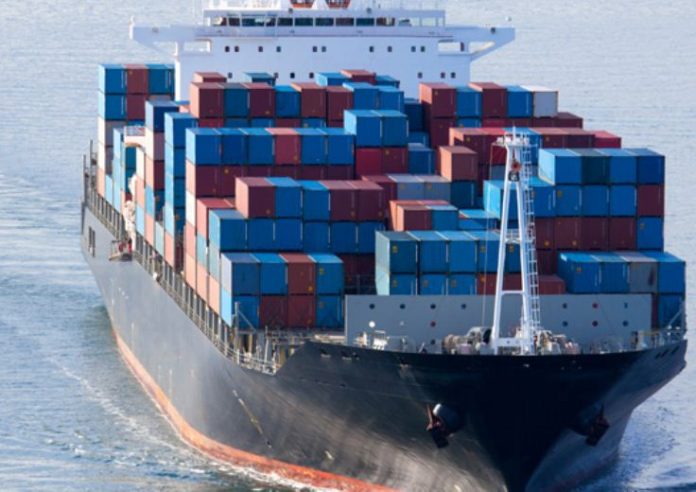Pakistan and Denmark have reaffirmed their commitment to enhancing global trade competitiveness through a $2 billion partnership focused on modernizing Pakistan’s maritime infrastructure.
According to media reports, the agreement, discussed in a meeting between Federal Minister for Maritime Affairs Junaid Anwar Chaudhry and Danish Ambassador Jakob Linulf, aims to improve port operations, integrate sustainable practices, and boost the country’s logistics capabilities.
The two sides reiterated their support for the implementation of a Memorandum of Understanding (MoU) signed last year, with Danish shipping giant AP Moller-Maersk spearheading the investment efforts.
A statement issued following the meeting noted that Maersk CEO Vincent Clerc is scheduled to visit Pakistan later this week for discussions with the prime minister and senior government officials.
The discussions centered on upgrading the logistics infrastructure and introducing green maritime technologies such as renewable energy-powered ports and energy-efficient shipping systems. Both Pakistan and Denmark also emphasized the importance of workforce development and strengthening cultural ties as part of their expanded cooperation.
Minister Chaudhry explained that Pakistan is taking significant steps to incorporate sustainable maritime technologies to reduce emissions and enhance environmental efficiency at its ports. The plan includes integrating renewable energy sources like solar and wind power into port operations to decrease the reliance on fossil fuels.
Additionally, the minister highlighted that training programs would be implemented for maritime professionals to effectively manage eco-friendly vessels and port facilities. He emphasized that these initiatives would not only position Pakistan as a responsible trading partner but also promote long-term economic and environmental sustainability.
The economic benefits of adopting green shipping practices were also discussed, with Chaudhry pointing out that these changes would enhance Pakistan’s global image and improve its export competitiveness by lowering operational costs.




